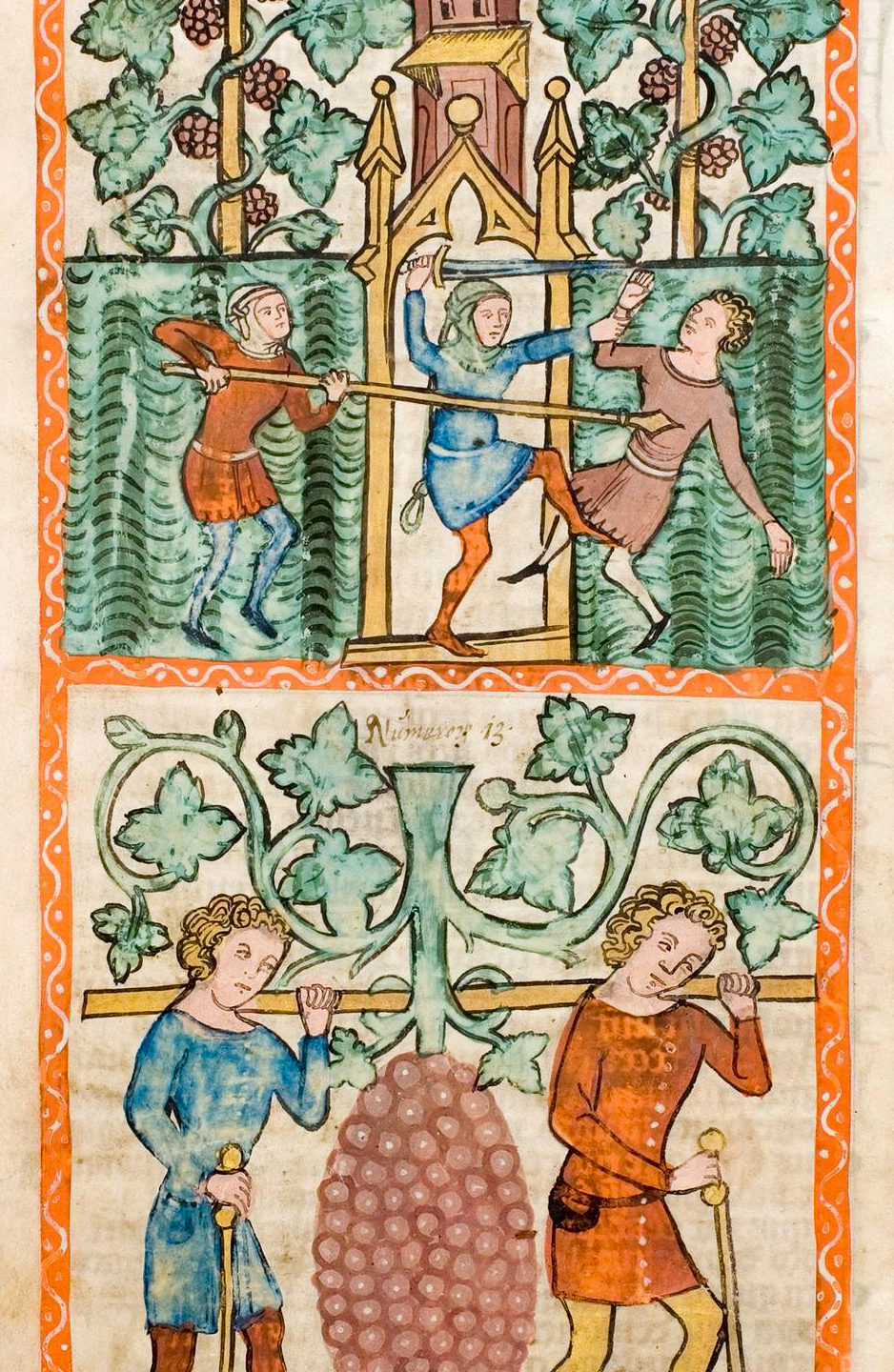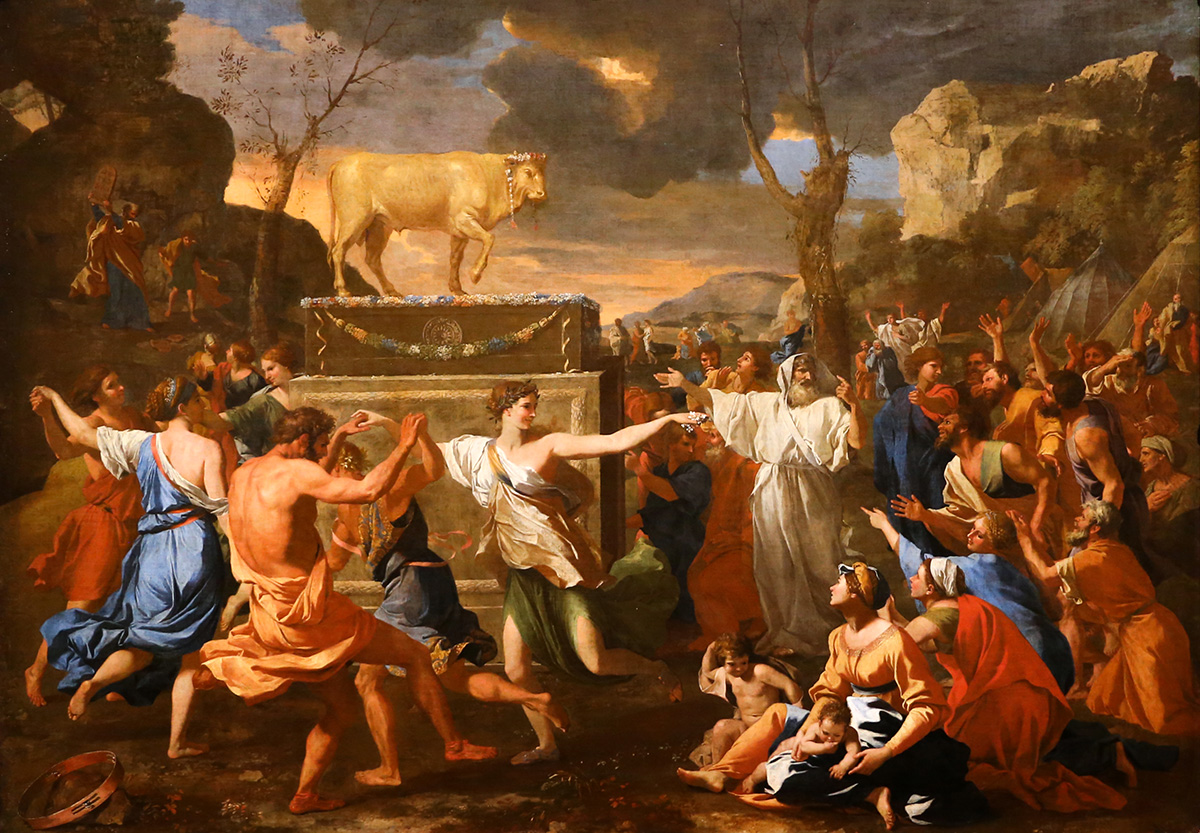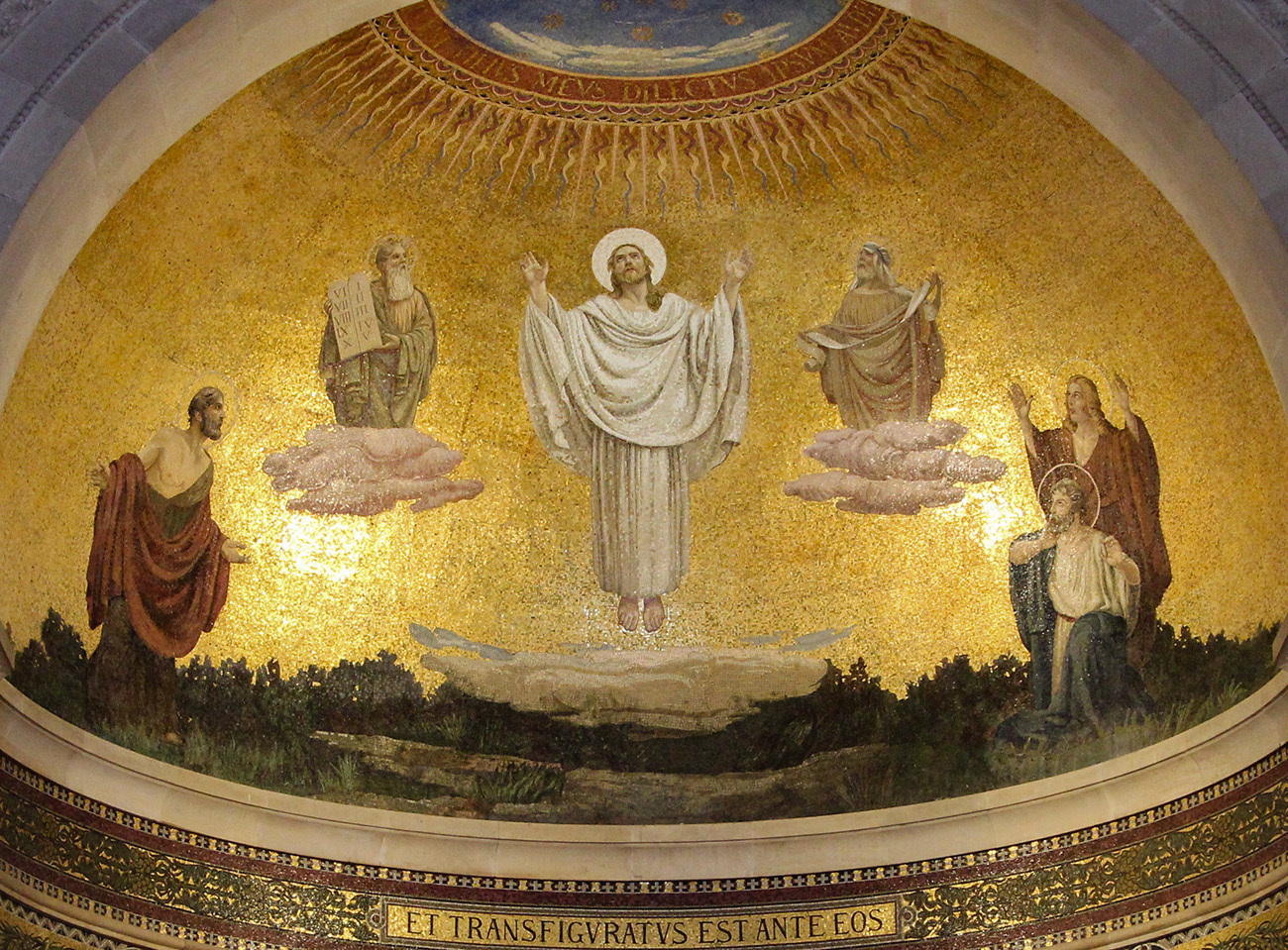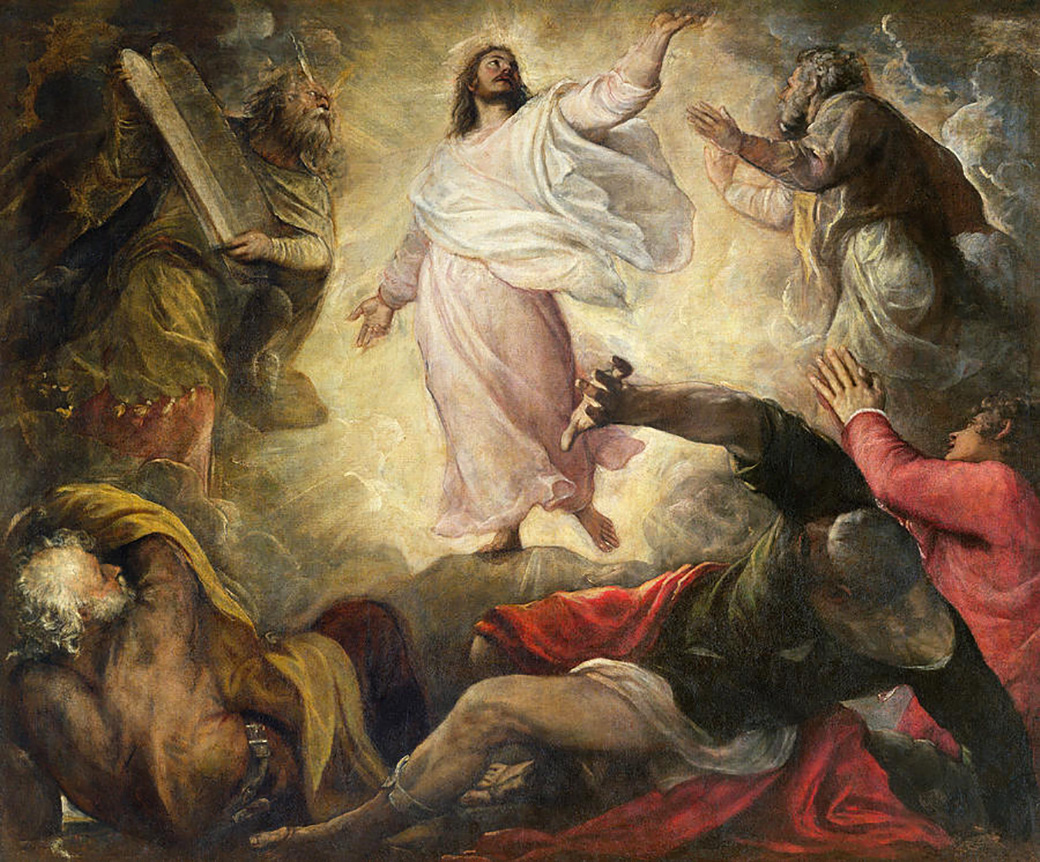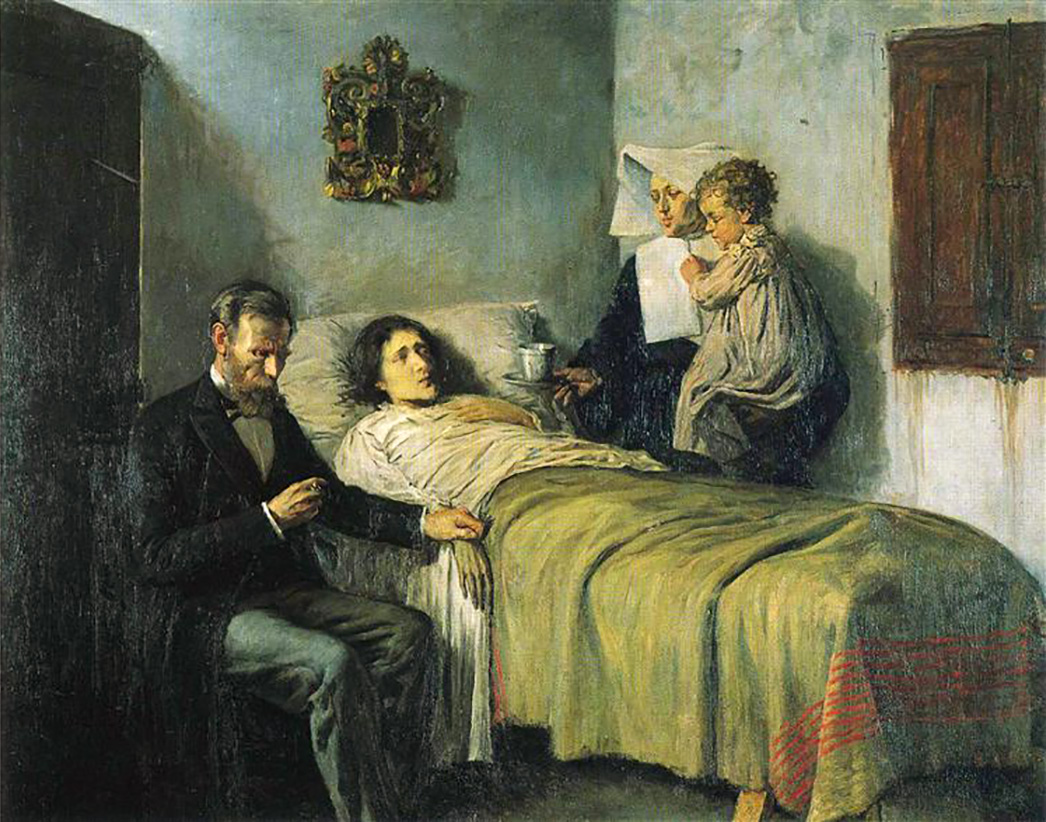Tend to the Good Fruit of the Vineyard
Friday in the Second Week of Lent: Genesis 37:3-4, 12-13a, 17B-28a, Matthew: 21:33-43, 45-46. Today’s readings are riches in storytelling and spiritual importance. I don’t mean to give short shrift to Joseph and his jealous brothers in Genesis, but I must explore it rather briefly to leave space to plumb …
